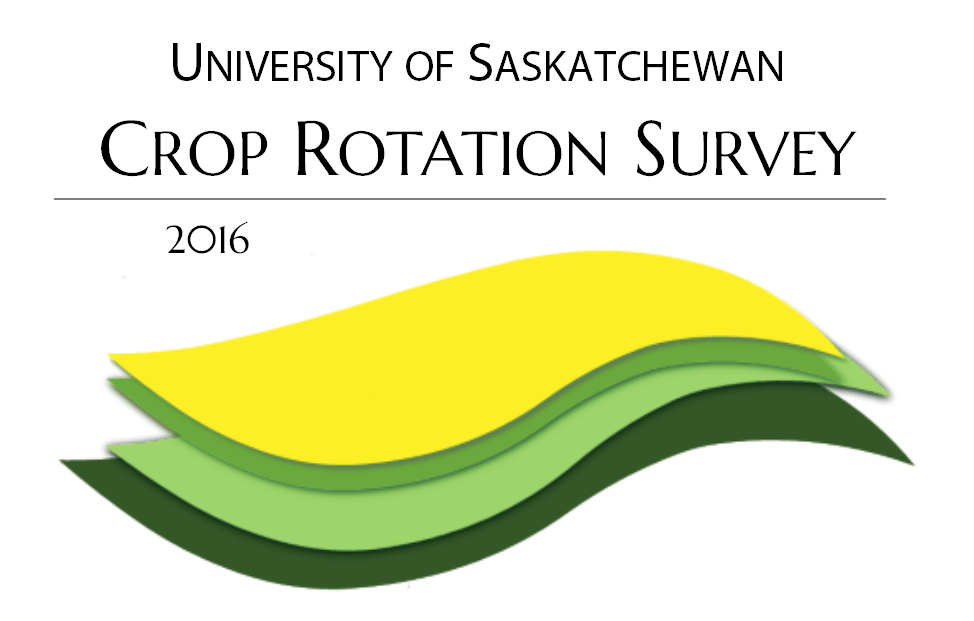Your farm’s data can help to inform governments
Change frequently happens slowly, we may not notice that things are done differently today than previously until we actually stop and consider what has really changed. We have accepted many innovative changes, such as our use of cell phones, iPads or using Twitter without a second thought. If we can see the immediate benefits of adopting the technology or product, we do so.
Agriculture and farming have changed dramatically over the past 25 years. Think about all the summerfallowing we have left behind. I spent countless (mind-numbingly dull) hours as a teen cultivating with a 12-foot deep tillage. Thousands of acres of summerfallow have since been removed from farms across Canada. The way chemicals are applied have changed with fewer soil incorporated chemicals today. Also more crops are straight-cut rather than swathed, removing another pass over fields.
Today, crop production is more sustainable. This is very important given the Paris Climate Change Conference held in December 2015. Commitments were made by all governments to reduce greenhouse gas and carbon emissions. It is very likely that agriculture, as a result of these government promises, will bear an unproportionally high cost to meet these environmental commitments. The reason for this is that benchmark data is very poor in the agriculture industry. Good datasets on a wide variety of standard farming practices simply don’t exist in Canada. For example, we don’t have a clear understanding of how many gallons of fuel were used summerfallowing a field, how much carbon was released with each summerfallow pass, or whether farmers are applying more or less chemicals.
 So to gather the data necessary to be able to measure farm sustainability, I am launching an extensive farm survey that strives to collect this data. We would like farmers to provide their crop rotation data for a full rotation prior to 1995 and then for that same field over their most recent rotation. This data will allow us to confidently identify GHG and carbon emissions 25 years ago compared to the present day. Such data can be used to inform governments about how sustainability has been improved in crop production, hopefully relieving producers of additional government pressures to change farming practices which would result in expensive and needless costs.
So to gather the data necessary to be able to measure farm sustainability, I am launching an extensive farm survey that strives to collect this data. We would like farmers to provide their crop rotation data for a full rotation prior to 1995 and then for that same field over their most recent rotation. This data will allow us to confidently identify GHG and carbon emissions 25 years ago compared to the present day. Such data can be used to inform governments about how sustainability has been improved in crop production, hopefully relieving producers of additional government pressures to change farming practices which would result in expensive and needless costs.
Only you as a farmer can help provide the vital data needed to inform governments on how agriculture has already taken a change towards environmental sustainability. The more responses we receive, the stronger the data and the results. We would greatly appreciate your participation. To register to participate in this panel survey, please go to http://TINYURL.COM/CROPROTATIONSURVEY2016

